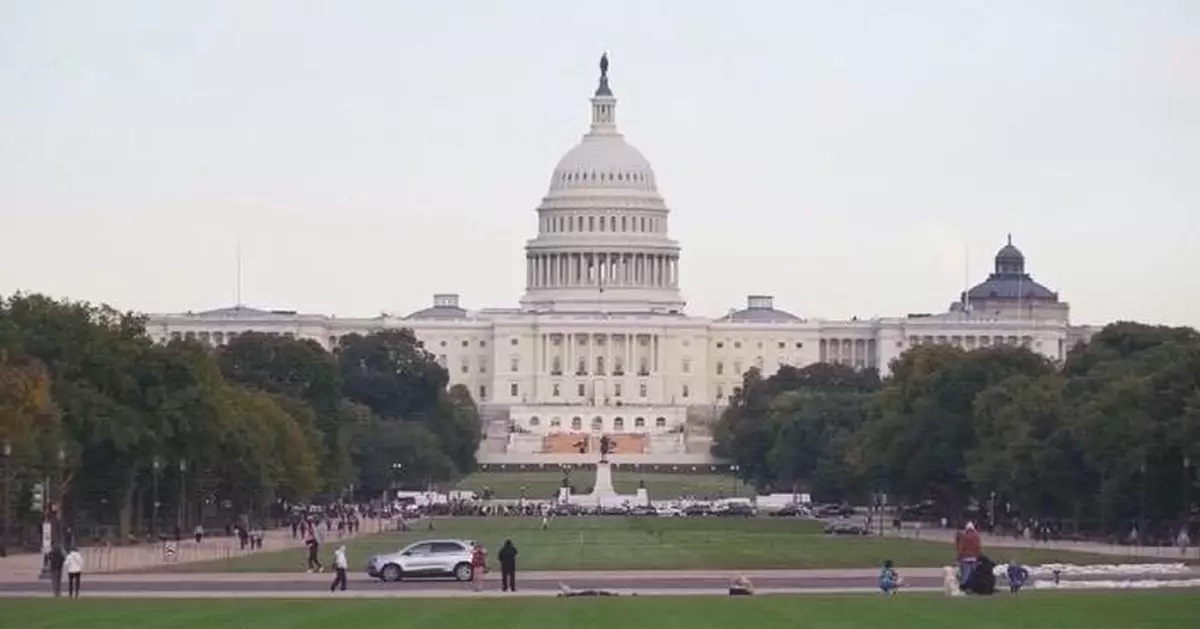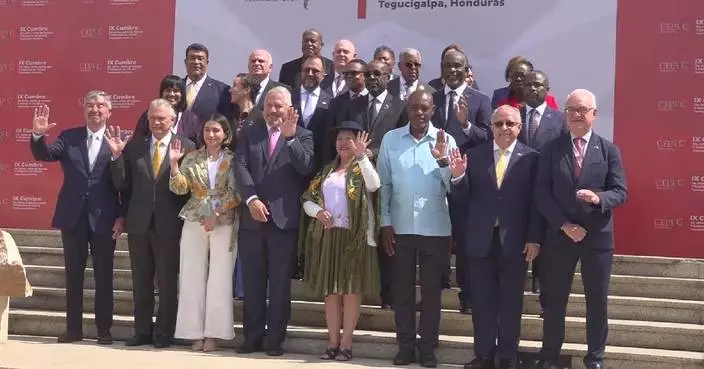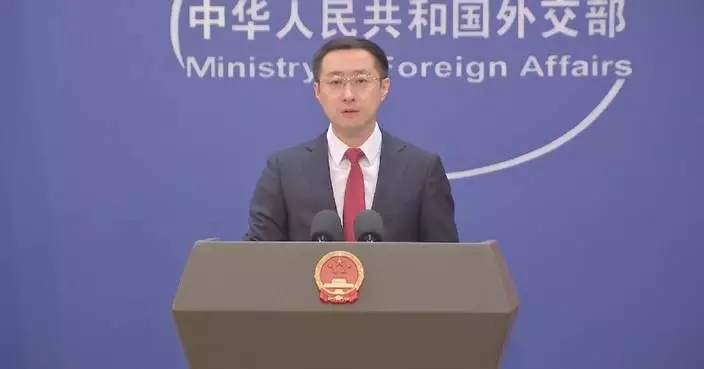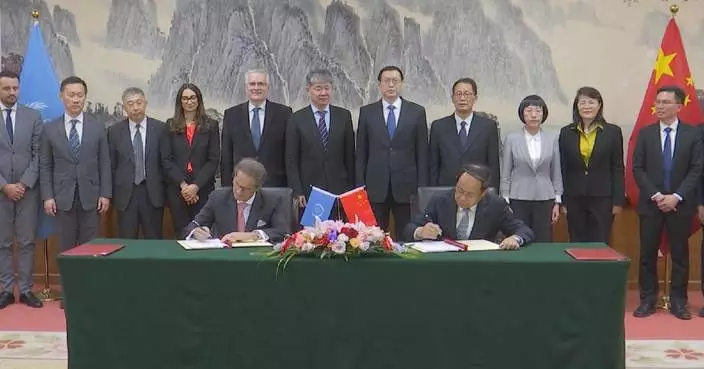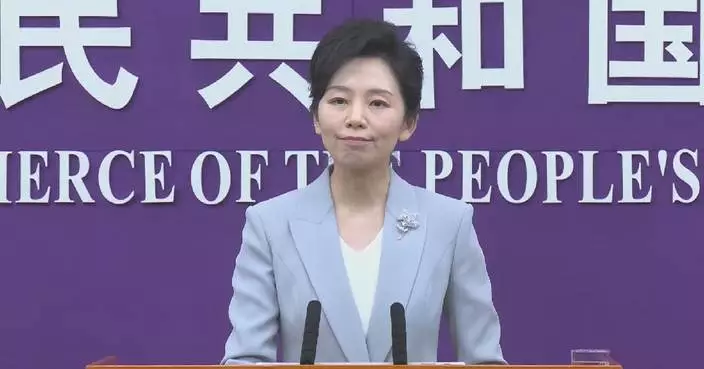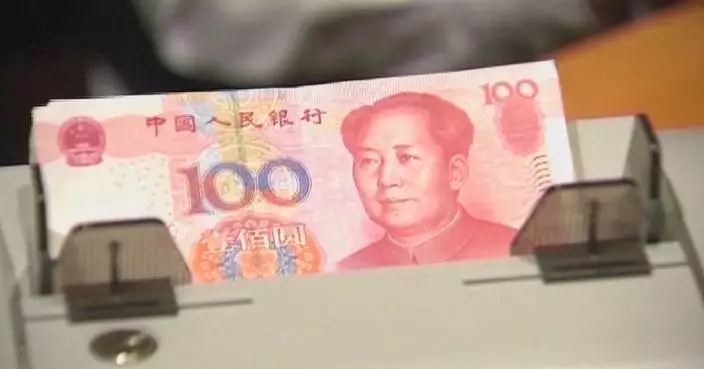The global outcry against U.S. President Donald Trump's latest "reciprocal tariffs" keeps growing, with more countries joining in the condemnation and warning of serious damage to global trade.
Amid widespread opposition, U.S. President Donald Trump announced the new set of levies on Wednesday, imposing a 10 percent baseline tariff on imports from all trading partners and higher rates on certain nations. Those "reciprocal tariffs" will take effect on April 5 and 9, respectively.
Affected countries, including France, the UK, Italy, Australia, Singapore, South Africa, and Bolivia announced their opposition to the U.S. move on Friday, with several preparing retaliatory measures.
Marc Ferracci, the French Minister for Industry and Energy, called for a "proportionate but firm" response, stating that Trump's tariffs --unprecedented since the 1930s -- threaten global economic stability and jobs.
He said the EU will discuss countermeasures next week.
French Minister Delegate for Foreign Trade Laurent Saint-Martin said that France would ensure its response would not hurt its own economic interests, warning that the United States' tariff policy would ultimately harm its own economy.
The same day, British Prime Minister Keir Starmer held phone conversations with Italian Prime Minister Giorgia Meloni and Australian Prime Minister Anthony Albanese, respectively.
According to a statement released by the British side, Britain, Italy, and Australia all agreed that a full-blown trade war would be highly destructive and in the interest of no one.
Singaporean Prime Minister Lawrence Wong said that the United States' tariff policy is a complete negation of the WTO framework and will affect international trade and investment and ultimately affect global economic development.
He said that Singapore will remain vigilant, build up its capabilities, strengthen its partnership network with like-minded countries.
South African Minister of Trade, Industry, and Competition Parks Tau said that the U.S. move is a disregard for the WTO system and will seriously disrupt the multilateral trading system.
Bolivia's Foreign Ministry issued a statement opposing the new U.S. tariff policy.
The statement mentioned that the U.S. move violates the principles of international trade and the relevant requirements of the WTO, adding that it will lead to the shrinkage of global trade and have serious consequences for all economies and workers worldwide.
The Ministry called for coordinated responses through multilateral and regional forums to challenge these protectionist policies.
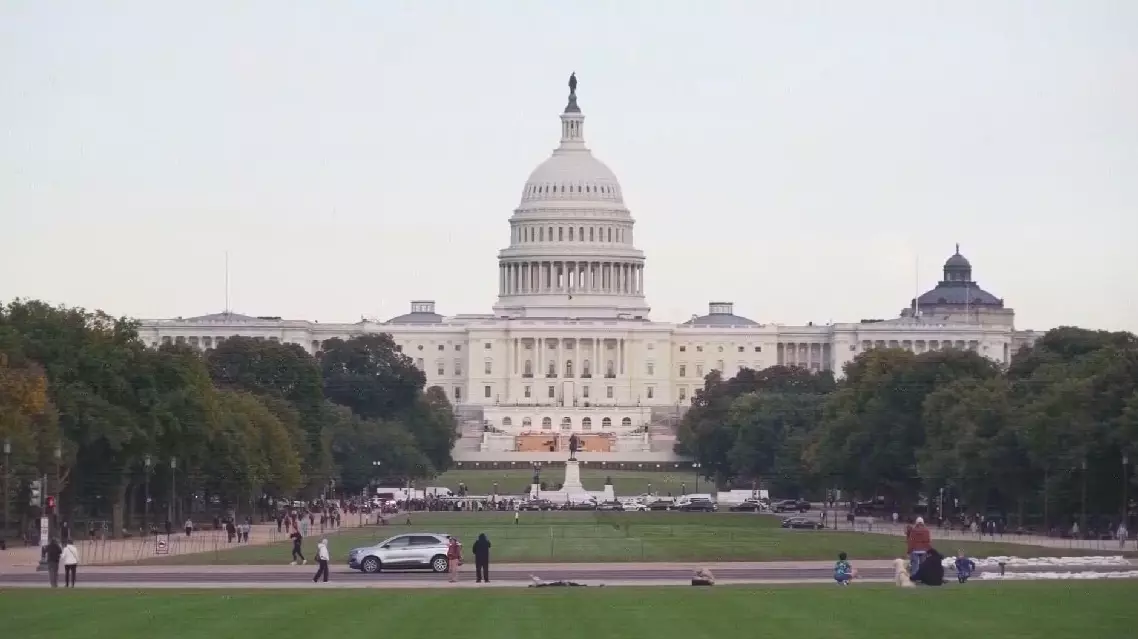
Trump's "reciprocal tariffs" draw outcry from gov'ts worldwide as nations mull countermeasures


